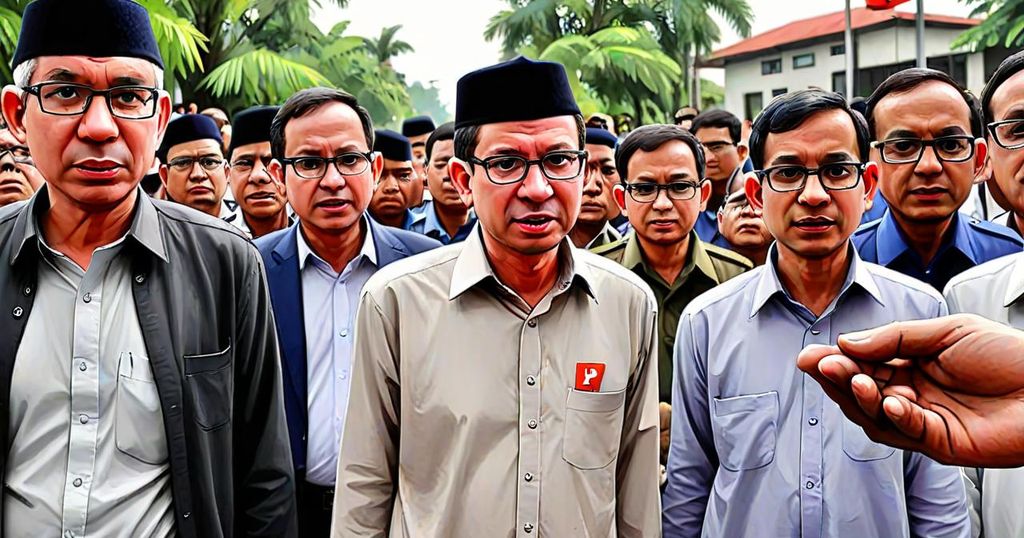The Corruption Eradication Commission (KPK) has officially disclosed that it is presently conducting an investigation into the suspected corruption related to the allocation of social aid (Bansos) amidst the COVID-19 pandemic. One of the programs under scrutiny is the social aid distributed by President Joko “Jokowi” Widodo himself.
According to KPK spokesperson Tessa Mahadhika Sugiarto, the inquiry centers on the procurement of food supplies meant for those severely impacted by the pandemic in Greater Jakarta in 2020. The initiative, which fell under the authority of the Social Affairs Ministry, was designated as “presidential Bansos” due to its origination from the President.
The KPK has disclosed that the purported corrupt activities involved the selection of subpar and less expensive food supplies, such as rice, cooking oil, and biscuits, instead of the higher-quality items that were budgeted for. These actions not only resulted in financial losses estimated at around Rp 125 billion (US$7.6 million) but also contradicted the government and President Jokowi’s objective to provide genuine assistance during arduous times.
The news of the KPK’s examination into the alleged corruption linked to the presidential Bansos distribution has garnered significant attention since its unveiling earlier this week.
The ongoing investigation further accentuates the necessity for transparency and accountability in the allotment of public funds, especially during crises. As citizens, it is imperative to stay well-informed about these developments and engage in meaningful dialogues about the ramifications of such investigations on governance and public welfare.
Looking ahead, it is vital for government authorities to uphold the highest ethical standards in the execution of social assistance programs, ensuring that they genuinely benefit those in need and are free from any form of corruption or misconduct.
As the KPK continues its comprehensive investigation, it is essential for all involved parties to provide full cooperation and for the findings to be made transparent to the public. By doing so, accountability and trust in the government’s endeavors to provide aid during times of crisis can be maintained and reinforced.
In conclusion, the ongoing KPK inquiry into the presidential social aid distribution underscores the significance of upholding integrity and accountability in public service. As the investigation progresses, it is imperative for the principles of transparency and good governance to guide the administration of social assistance programs, with the ultimate goal of effectively addressing the needs of the most vulnerable members of society.

Leave a Reply